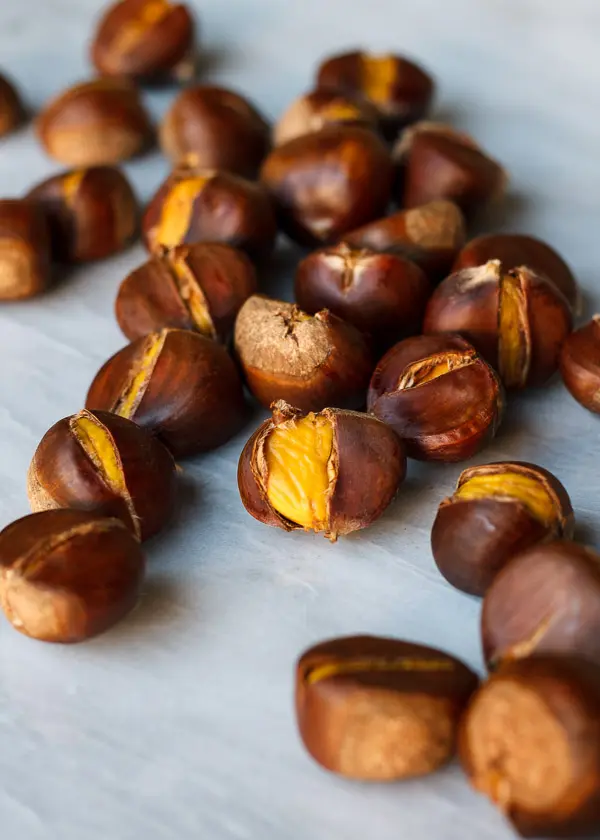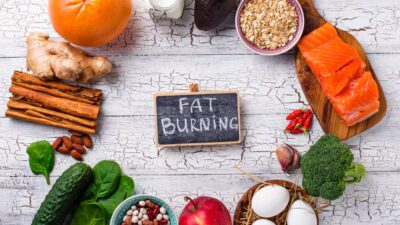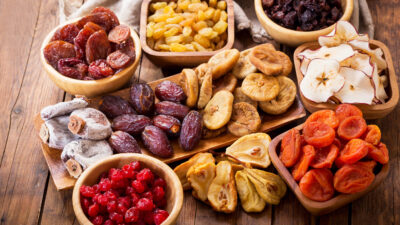Chestnuts are edible fruits produced by chestnut trees, which are large, long-living trees that grow in temperate regions of the world. Chestnuts are known for their sweet and delicious taste, and they are rich in nutrients beneficial to health.
Types of Chestnuts
There are several types of chestnuts, including:
- Sweet Chestnuts: The most common type, characterized by their sweet and delicious flavor.
- Bitter Chestnuts: Less common, characterized by a bitter taste.
- Chinese Chestnuts: A type of sweet chestnut, notable for their large size.
- Japanese Chestnuts: A type of sweet chestnut, known for their sweet taste and ability to withstand harsh environmental conditions.
Benefits of Chestnuts
Chestnuts have many health benefits, including:
- They are a good source of dietary fiber, which helps regulate digestion.
- They provide a good amount of protein, which helps build and maintain muscles.
- They are rich in vitamins and minerals, such as B vitamins, iron, and magnesium.
- They help reduce the level of bad cholesterol in the blood.
- They help protect the heart from diseases.
Ways to Prepare Chestnuts
Chestnuts can be prepared in several ways, including:
- Roasting: The traditional method where chestnuts are roasted over fire until cooked.
- Boiling: Chestnuts can be boiled in water or milk until soft.
- Toasting: Chestnuts can be toasted in the oven until cooked.
- Mashing: Chestnuts can be mashed and used in making desserts or baked goods.
Nutritional Value of Chestnuts
100 grams of sweet chestnuts contain the following nutrients:
- Calories: 176 kcal
- Protein: 2.8 g
- Fat: 2.2 g
- Carbohydrates: 37.6 g
- Dietary Fiber: 6.4 g
- Sugars: 22.4 g
- Calcium: 31 mg
- Iron: 2.3 mg
- Magnesium: 52 mg
- Phosphorus: 258 mg
- Potassium: 532 mg
- Vitamin C: 11 mg
- Vitamin B1 (Thiamine): 0.1 mg
- Vitamin B2 (Riboflavin): 0.2 mg
- Vitamin B3 (Niacin): 2.3 mg
- Vitamin B5 (Pantothenic Acid): 0.4 mg
- Vitamin B6: 0.2 mg
- Vitamin B9 (Folate): 10 mcg
Conclusion
Chestnuts are a delicious fruit rich in health benefits and can be prepared in various ways. They are nutrient-dense foods and a good source of dietary fiber, protein, vitamins, and minerals




